5 Things You Need to Know Before Buying a Car
Buying a vehicle can be an intimidating experience, even for those who have done it many times. If you’re buying your first car, you might feel a little overwhelmed. It’s normal to have many questions ranging from “Should I buy a car?” to “What kind of a car do I need?” and “How do I know I’m getting a good deal?”
Understanding a few simple tips can help you choose your vehicle with confidence and avoid some common missteps. Here’s what you need to know.
1. Weigh the Pros and Cons of New vs. Used
One of the first things you’ll need to decide is whether you want to buy a new or used vehicle. There are pros and cons to each option, so take some time to think about what’s best for your personal situation.
When buying a new car, you’ll have access to all the latest technology and safety features, but the purchase price is typically going to be higher than what you’ll pay for a used car. While purchasing a used car can save you money, there’s always the unknown that comes with buying a vehicle someone else has owned. If you’re going to buy used, a certified pre-owned vehicle may offer you some of the newer features and a great warranty that can give you some peace of mind.
2. Decide Whether You’ll Lease or Buy
The next question you’ll want to ask is, “Should I buy a car or get a lease?” If you purchase a vehicle, you’ll likely take out a loan and make fixed payments for a number of months until the loan is paid off. At that point, you’ll own the vehicle outright.
A lease is also a type of loan, but once the lease period is over (typically around 36 months), you’ll have an important decision to make. You can either pay the balance and buy the vehicle, trade the lease in for a new one, or turn your vehicle in and start over. If you prefer a newer vehicle and want a low payment, a lease may be a good option for you.
3. Understand Your Finances
When weighing the options above, it’s important to understand your financial situation. Before you start shopping for a car, check your credit report and credit score to make sure you can qualify for a vehicle loan or lease. It's also important to review your budget to determine how large of a payment you can afford. Be sure to consider any additional expenses that go along with purchasing a vehicle, such as your annual registration fee and the cost of car insurance.
4. Research the Vehicle
Once you’ve found a vehicle you think you might want, be sure to do your research. A car may look great on the lot, but looks can be deceiving. Before you buy a used car, ask to see a vehicle history report, which will tell you about its accident history, title status, and more.
Be sure to take the vehicle for a test drive, and when buying a used vehicle, it's also a good idea to consider having it inspected by a qualified mechanic to ensure it’s free of problems.
5. Learn How to Negotiate
New car buyers are often hesitant to negotiate with the salesperson, but it's expected. Start by taking the time to research the fair market value for the vehicle’s make, model, year, and mileage to ensure the sticker price is reasonable. If it's on the high side, be prepared to make a lower offer.
While negotiating, be careful not to give the salesperson too much information about your financial situation and what you’re willing to pay. Put your emotions aside and focus on the price you’re comfortable paying for the car. If things don’t feel right or the offer doesn’t fit into your budget, don’t hesitate to walk away from the deal and look for something more suitable.
Stay Safe in Your New Car
Once you’ve purchased your new car, you’ll want to keep it in pristine condition for as long as possible. Taking a driver's training course can teach you defensive driving skills that will help you avoid everything from fender benders to major collisions. Our courses are appropriate for teens and adults of all skill levels, so check them out today!






